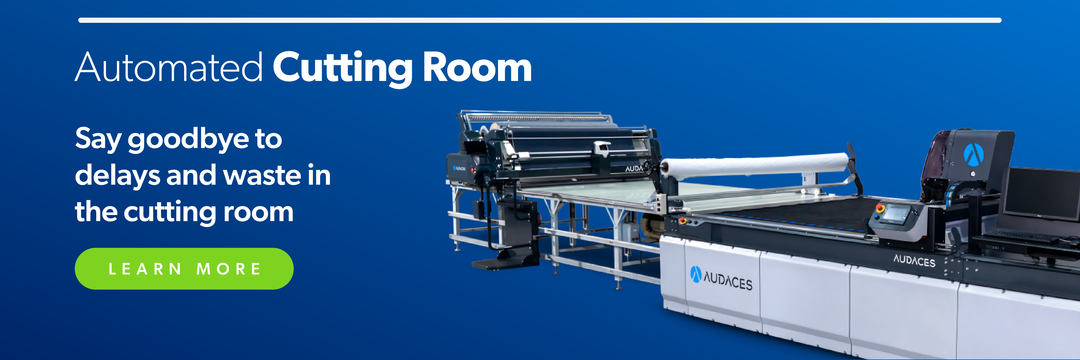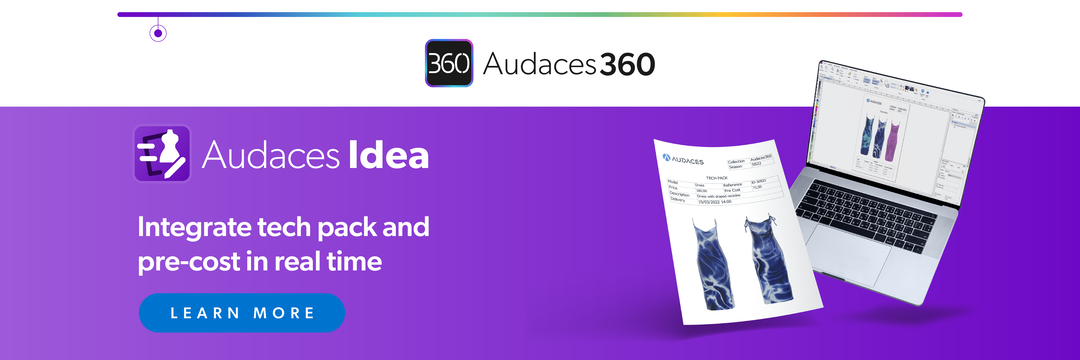Summary
- Supplier management is essential for those who are in charge of purchasing supplies for their businesses.
- These materials will be used to create the collection to be commercialized after the whole production process.
- Technology can be a valuable ally in the management of raw materials and supplies. Try Audaces360 multisolution for free now!
Being able to rely on good suppliers is very important for the operation and competitiveness of a company. Therefore, there are some key factors to consider when doing business.
What strategies do you use to maintain a good relationship with your suppliers? Do you know the benefits and advantages of having the best partners?
Once you understand the importance of effective supplier management, you’ll discover that there are processes that can greatly assist you in this task.
We compiled a list of insights to help you make the best choice of suppliers, going beyond prices. Enjoy your reading!
Sumário
What is supplier management?
Supplier management is directly connected to supply chain management. In fact, it is a subset responsible for evaluating the selection of contacts, understanding which ones have the best fit with the business, managing these relationships, and keeping track of every activity.
However, the process does not end with the choice of suppliers, it’s a continuous work. For this reason, knowing how to negotiate is crucial for achieving good results.
The Purchasing department benefits from this practice, as it ensures control and secures the best conditions from suppliers.
There are several elements to consider when discussing supplier management. They include:
- Price
- Quality
- Delivery time
- Compliance with legal and technical requirements
- ESG
Learn more: Learn what ESG score is and how to apply it to your clothing company
What are the benefits of effective supplier management?
If your business seeks effective supplier management, it’s important to understand your sources of supply and how they align with the company’s ethics.
Here are 5 benefits of relying on quality suppliers for your business:
1) Good quality product
Having a good product requires good raw materials – and this is directly linked to suppliers and what they have to offer.
Quality is essential and should be considered when closing deals with your suppliers. Relying on good resources makes all the difference in the result delivered to your customer, helping to enhance your company’s authority.
2) Timely delivery
Another crucial aspect is ensuring that delivery deadlines are met as estimated.
The fashion industry operates on tight schedules and is always racing against time to present new collections. Therefore, it is essential that suppliers’ deliveries are made appropriately.
Additionally, make sure you pay attention to some details, such as supply availability. There might be sudden high demand, and you may need more materials, for example.
To ensure your operations won’t be compromised, you need partners who are always prepared to promptly serve your business. You must keep your inventory at an appropriate level!
Learn more: What is takt time and how to calculate it in your company?
3) Competitive prices
There are several factors to consider when closing contracts with suppliers and price is one of the most important. This is a key component in allowing your products to reach the market with competitive prices.
Learn more: Discover how to reduce costs in wholesale clothing production
4) Added value to the product
If your supplier provides quality service, meets deadlines, complies with environmental, tax, and labor laws, you stand out to your consumers, and it can lead to a higher profit margin.
5) Structured growth
If you seek structured growth for your company, supplier management has significant impacts on this challenge.
Strategic negotiation for company purchases can enhance profit expansion and satisfy customers with higher quality products. By building customer loyalty, you increase revenue over the months and grow in an organized and secure way.
8 steps for effective supplier management

To effectively manage suppliers, your company can follow some basic tips that will be very helpful at this moment.
Check out the key steps below:
1) Verify the legal situation of the company
Checking the company’s national register can be very useful. This way, you can find out if it is registered with the necessary regulatory bodies and is operating correctly. Also, observe if there are any aspects that could lead the company to bankruptcy, such as issues with non-payment.
In addition to these requirements, it’s important to verify operating permits and compliance with labor laws, for example. Companies with irregularities in these areas can cause significant problems for your business.
2) Visit the company, if possible
Visiting your suppliers can strengthen the relationship and provide security for both parties.
It’s valuable to know the people who work on-site, confirm that the company is real, and assess the business structure responsible for fulfilling your orders.
3) Seek references
It is very important to know how other businesses perceive the company you’re negotiating with. Ask for recommendations from partners who have already closed contracts with the supplier, check social media, and review websites. Through these searches, you will find both positive and negative feedback about the company.
4) Compare proposals
Request multiple quotations from suppliers, compare them carefully, and list the benefits offered by each one. Look beyond prices, as considering only this variable can be a serious mistake. Here are some aspects you should evaluate:
- Product quality
- Additional services
- Service capacity
- Logistics
- Support
- Assortment
5) Formalize contracts
A guarantee for both you and the company that will supply the necessary materials is the formalization of a contract. It’s extremely important to document the agreements made.
Within this contract, it is necessary to detail the rights and responsibilities of both parties involved. Thus, if any problem arises, both will be protected by the document.
6) Negotiate with suppliers
Beyond prices, try to also negotiate:
- Payment terms
- Installment options
- Invoicing date
- Additional services
- Bonuses for quantities
- Technical assistance
7) Responsible suppliers
Socio-environmental impacts are being increasingly discussed in the fashion industry. For this reason, having suppliers committed to these causes makes your business stand out from competition.
Learn more: Why consider sustainable consumption and production for your company?
8) Technology and automation
Technology is a great ally for textile companies. It allows you to manage supplies more easily, quickly, and without errors.
Automation can provide insights into:
- Inventory status
- Deliveries
- Received goods
- Sales figures
- Replenished needs
- Best-selling products
Learn more: Explore the benefits of industrial technology in the fashion sector
How can Audaces technology help with supplier management?

Through technology, it is possible not only to improve inventory tracking and replenishment for your business but also streamline supplier management.
Audaces offers comprehensive solutions for the fashion industry, pioneering in the global market.
Learn how Audaces technologies can ease the processes of your clothing manufacturing:
Audaces360
Audaces360 is a complete multi-solution that helps you overcome the main challenges in the fashion industry. It enables the integration of all production stages, from design to manufacturing, ensuring the success of your fashion collection from the beginning.
Audaces Idea
Audaces Idea is the ideal software to streamline and improve communication between Creation and Pattern departments.
Its technology allows a 360-degree view of the collection, as well as testing prototypes, estimating costs, and integrating flat sketches and tech packs – enabling quick testing of a new sample.
Effective supplier management can yield significant gains for your business. Therefore, conducting market research and leveraging technology as your ally throughout the entire process is crucial.
Discover how Audaces can help you at this moment! Download our free e-book:
FAQ
It is a subset responsible for evaluating the selection of contacts, understanding which ones have the best fit with the business, managing these relationships, and keeping track of every activity.
Some benefits include good quality product, timely delivery, competitive prices, added value to the product and structured growth.
Verify the legal situation of the company, visit the company (if possible), seek references, compare proposals, formalize contracts, negotiate with suppliers, responsible suppliers, technology, and automation.










